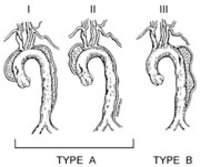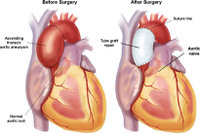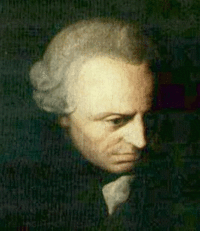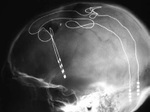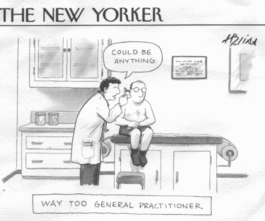We have, in the next place, to treat of Memory and Remembering, considering its nature, its cause, and the part of the soul to which this experience, as well as that of Recollecting, belongs. -Aristotle 350 BC
The clinical Anesthesiologist's interest in memory and its formation is that of a lmberjack to the forest. Anesthesiologists are clear-cutters, ad not typically too engaged in the niceties of the eco-system. In this case we might reasonably be forgiven, since the failure to abolish memory during a general anesthetic is at least a therapeutic failure and at worst, a terrible (actionable) trauma for the patient. Fortunately for us, memory formation/consolidation is eliminated far more easily than movement, which means that the anesthetic depth (related to the concentration of anesthetic) required to keep the patient "still for the knife" is much greater than the concentration required to interrupt memory formation. So far, so good. An interesting digression; movement during surgery can be initiated from the spinal cord in the absence of any brain activity. (Think of A chicken running around its head cut off; well, maybe don't...) We know this from experiments involving isolated head and body perfusion experiments, (not human!) where the body and the head are separately anesthetized. So when the surgeon yells "the patient is awake," the wise anesthesiologist knows that non-purposeful movement under anesthesia does not imply awareness, (but certainly doesn't preclude it...)
Of all animal traits, the three most philosophically intriguing are
awareness, consciousness and memory. Of these, memory is certainly more derivative;
Invertebrate worms demonstrate memory (they can learn) without any
sense that they are conscious or aware. The taxonomies of memory,
while being the subject of heated intellectual conflict, all seem
rather comfortable, even intuitive, to the casual spectator. Memory is
most superficially parsed into short-term and long-term, which we know
have different physiological mechanisms (we know this in great measure
due to the work of Dr Eric Kandel, which won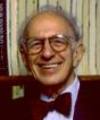 him the Nobel). When you
remember a phone number long enough to dial it, you are using short
term memory. This involves chemical changes in synapses. If you
remember your home address and telephone number from last year, you are
using long term memory. That involves changes in synaptic connections.
Long term memory gets sliced and diced lots of different ways, based
mostly on our human classification of cognitive function. Explicit
memory is memory which is subject to conscious recall (like the name of
your high school sweetheart, or your anniversary). Implicit memory is
not (for instance, riding a bicycle, recognizing a face or voice).
Explicit memories are further sub-divided along various functional lines; intellectual memories, memories of events, etc, etc. WIkipedia has an unusually good introduction to the science of memory. Here also, is a link to a video introductory lecture on the neurobiology
of memory from the MIT Distributed Intelligence project: http://mitworld.mit.edu/stream/146/
him the Nobel). When you
remember a phone number long enough to dial it, you are using short
term memory. This involves chemical changes in synapses. If you
remember your home address and telephone number from last year, you are
using long term memory. That involves changes in synaptic connections.
Long term memory gets sliced and diced lots of different ways, based
mostly on our human classification of cognitive function. Explicit
memory is memory which is subject to conscious recall (like the name of
your high school sweetheart, or your anniversary). Implicit memory is
not (for instance, riding a bicycle, recognizing a face or voice).
Explicit memories are further sub-divided along various functional lines; intellectual memories, memories of events, etc, etc. WIkipedia has an unusually good introduction to the science of memory. Here also, is a link to a video introductory lecture on the neurobiology
of memory from the MIT Distributed Intelligence project: http://mitworld.mit.edu/stream/146/
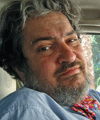 Mitch Keamy is an anesthesiologist in Las Vegas Nevada
Mitch Keamy is an anesthesiologist in Las Vegas Nevada
 Andy Kofke is a Professor of Neuro-anesthesiology and Critical Care at the University of Pennslvania
Andy Kofke is a Professor of Neuro-anesthesiology and Critical Care at the University of Pennslvania
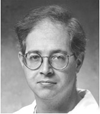 Mike O'Connor is Professor of Anesthesiology and Critical Care at the University of Chicago
Mike O'Connor is Professor of Anesthesiology and Critical Care at the University of Chicago
 Rob Dean is a cardiac anesthesiologist in Grand Rapids Michigan, with extensive experience in O.R. administration.
Rob Dean is a cardiac anesthesiologist in Grand Rapids Michigan, with extensive experience in O.R. administration.



